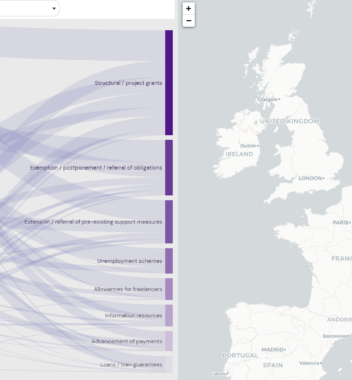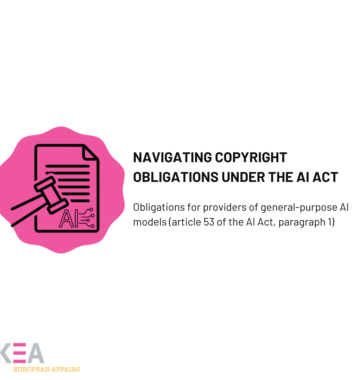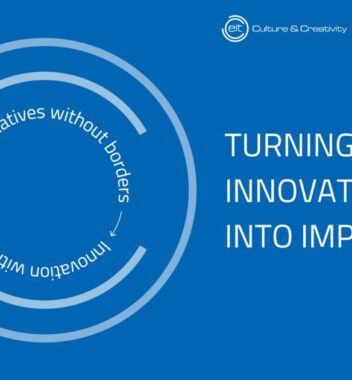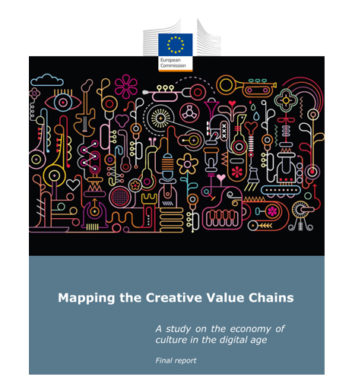
At the beginning of 2017, KEA was involved in the development of a prospective report for the European Commission (DG Education and Culture) on the role big data can play in monitoring educational systems within a long-term perspective and how big data can support evidence-based policy development in the sector. The report was developed in the context of the Europe 2020 Strategy, which sets the agenda for smart, sustainable and inclusive economic growth through knowledge and innovation, by highlighting the need for quality of education and the development of a skilled workforce across the EU. Read the report here.
In recent years, digital innovations have created new forms and types of data: ‘big data’, are automatically collected at a large scale and can be analysed in order to source information and knowledge in sectors like health, media, business or science. Big data is gaining pace also in the educational sector, due to advances in technological infrastructure in many educational systems, now allowing for automated collections of large datasets.
As part of this report, KEA identified and explored the advantages and challenges of using big data analysis in the process of aligning the skills demand on the labour market with the skills supply provided by educational system at all education levels. Our paper identifies ways in which big data can be implemented in the analysis of labour market demands. It outlines possible avenues of using educational big data to help developing students’ skills and to improve the responsiveness of educational systems to labour market skills demand. Finally, the opportunities and challenges are framed into policy recommendations at EU and national levels with the purpose of creating a framework for implementation of big data in education, in order to increase the relevance of skills supply for the European labour market. Our policy recommendations are in line with EU policies like the 2009 strategic framework for European Cooperation in Education and Training or the New Skills Agenda for Europe (2016).
Policy-makers now have to navigate through important digital challenges linked to cross-border information flows, cloud computing, security and trust. However big data has great potential in developing wide areas of policy and knowledge for innovative data-informed policy design. Prior to this report, KEA had also identified and explored alternative data sources (including big data) to assess the economic and social value of cultural and creative sectors. (You can read the study here.)
The final report titled Big Data for monitoring educational systems consists of five thematic papers developed by experts from edX, KEA, The Institute of Educational Technology at the Open University and The Department of Computer Science at KU Leuven, under the coordination of Ecorys UK. A link to the online version is here.


































